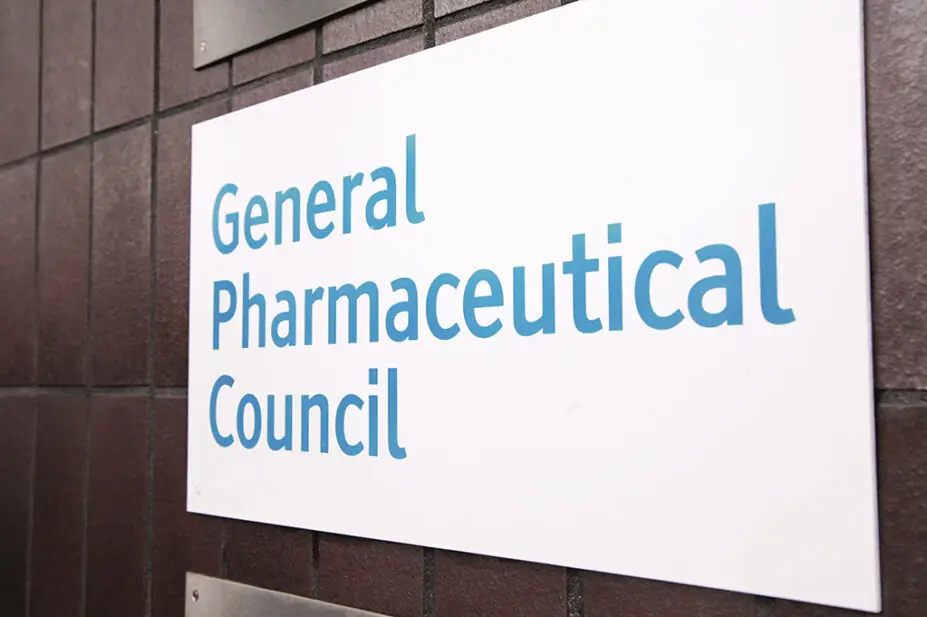
General Pharmaceutical Council
The General Pharmaceutical Council (GPhC) has discontinued a project in which it anonymised ethnicity data for registrants involved in fitness-to-practise (FtP) cases.
In council papers, published on 22 April 2025, ahead of its council meeting on 24 April 2025, the regulator said the project team had recommended the project be discontinued for reasons including the amount of time taken to redact information and additional staff resource needed.
After the council meeting, the GPhC confirmed in a statement to The Pharmaceutical Journal that the project would be discontinued.
The regulator began the project, which ran between April 2023 and March 2024, as part of its ‘Delivering equality, improving diversity and fostering inclusion strategy’.
“At the launch of our strategy, the GPhC sought to explore opportunities to mitigate potential bias in decision-making and, although delayed due to the [COVID-19] pandemic, in 2023, commenced a pilot in which we would redact information that could identify the ethnicity of a registrant appearing before the investigating committee (IC),” the papers said.
In the FtP process, the role of the IC is to consider the evidence and decide whether to refer a case to the GPhC’s fitness-to-practise committee (FtPC).
The project involved redacting information from case documents relating to a registrant’s name, religion, country of birth and any other information that may show or imply their ethnicity.
Cases that had previously been adjourned involved allegations of discrimination where CCTV evidence was included or audio recordings were excluded.
Of the 84 cases listed for an IC meeting between April 2023 and March 2024, 45 cases were considered as suitable to have information redacted.
“As the numbers are so small, it has been difficult to qualify the analysis from the pilot. Not all of the cases that have been through the IC have concluded at FtPC,” the papers said.
“In our broader analysis for the project year 2023–2024, we found higher proportions of referrals to the GPhC for male pharmacists, older pharmacists and those from ethnic minorities; however, once an investigation had been opened, these variances disappeared for ethnicity and age — although there remained an overrepresentation of male pharmacists under investigation and in receiving the more serious sanctions.”
The papers added: “These findings are similar to those of a previous analysis covering the period 2021–2022, with one exception in relation to the overrepresentation of Asian pharmacists that went on to be investigated through our triage process.”
The GPhC also sent a survey to 24 of the registrants whose case had concluded during the project, asking their views on whether the anonymisation made the IC process ‘fairer’, ‘less fair’ or ‘had no effect’.
Of the 17 respondents, ten (59%) said they felt that anonymisation had made the process ‘fairer’, “while the remaining seven respondents felt there was little or no effect”.
In a statement to The Pharmaceutical Journal, Dionne Spence, chief enforcement officer at the GPhC, said: “The GPhC council agreed with the recommendation in the council paper that we do not continue with undertaking redactions at the IC stage.
“The evidence from our evaluation, although heavily caveated due to low volumes, has not indicated a positive or negative impact of redaction on the potential for bias in IC decision-making, and so the evidence is insufficient to justify the significant further resource commitment, which would be required to continue undertaking redactions at the IC stage.
“As the [GPhC] council paper explains, we also see much more evidence of potential bias in the beginning of the process in the age, gender and ethnicity of registrants who are complained about by those raising concerns (i.e. in the concerns we receive in the first place), rather than later on at the IC stage.
“We are currently analysing the data relating to the protected characteristics of the pharmacists and pharmacy technicians involved in our FtP processes in 2024/2025. The [GPhC] council agreed that once we have that data, further work will be undertaken to consider how we can address the disparities identified at the earlier stage of the process, when concerns are raised, which appears to be the most significant cause for concern potential concern and enquiry.”
1 comment
You must be logged in to post a comment.



With such a small sample size, it is a pity that a decision has been made to 'rollback' the changes made to the process. I note that the time and expense of implementation had been cited as potentially exceeding the benefits. With my technology hat on, I wondered if any emerging technologies (AI/LLM) for redaction might have improved the process and reduced costs.
That aside, I presume that this will be closely monitored by the GPhC and other approaches to ensuring that potential bias in the regulatory processes are reduced 'as low as reasonably possible'.